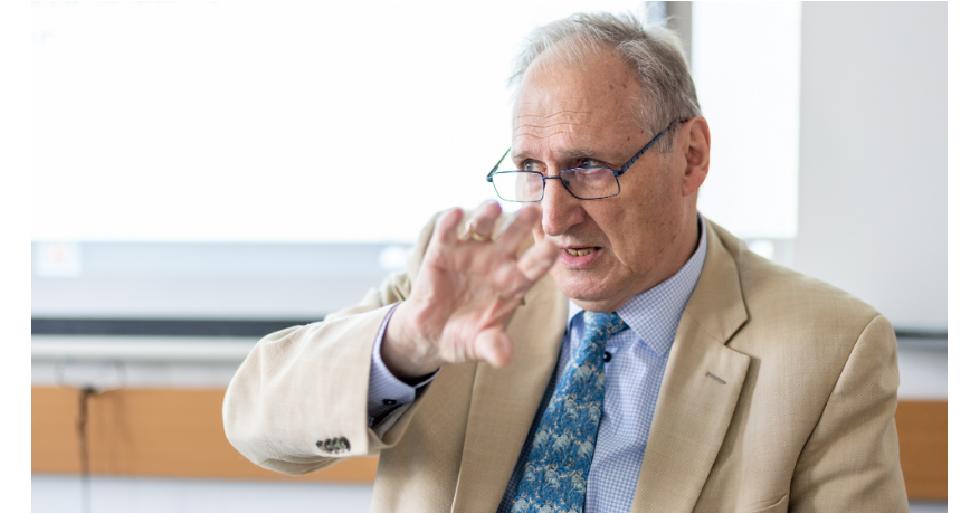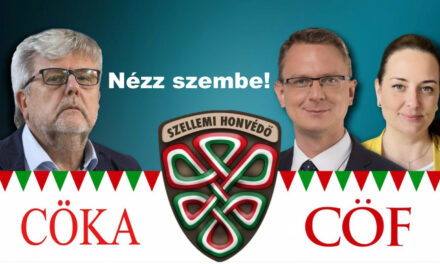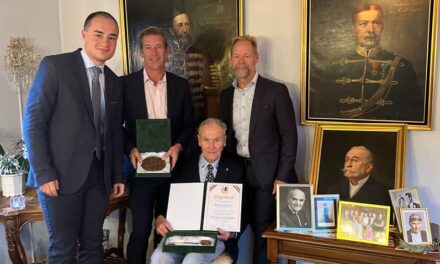He left the Kádár system in an adventurous way in 1968 and started a career as an elite athlete, coach and academic researcher in Canada: the Mandiner journalist talked to Gábor Csepregi, a guest teacher at MCC.
It is a basic psychological truth that the present is very much worth living. What does presence, living the present, mean from the point of view of theology and elite sports?
Presence means that something or someone grabs hold of us, and because of this we develop a personal relationship with this object or being. This is a gift, a special apparition that we can pay attention to in its details and that can tell us something new. From the point of view of theology, this can be the presence of God - there are moments in life when a mystery surrounds us, and we feel that not only the material world around us exists, but also the transcendent. In elite sports, this can be a special harmony between the members of the team, or a common joy after a victory, or a common sorrow after a defeat.
This is when people stick together and are there for each other.
That is, in a real relationship. You write a lot about the depersonalization of relationships. In the age of electronic communication devices, what does the young person who socializes in the environment of gadgets lose the most?
Above all, the living spiritual closeness, in which not only words and thoughts appear, but an entire atmosphere: another person is present, who has a personality and radiance. In the conversation, a completely different kind of relationship is realized than in the online conversation, the personality of the other person can be better perceived in it. The totality of a person is present in personal conversation, not only in his speech, but also in his body language, facial expressions, and movements, and these complement each other.
There is a time for everything in life according to the Bible. You also wrote about this on the Corvinas. Why is it important in life to have good timing?
Because we are temporal beings, we come from the past to the present and move on to the future. You have to find the right moment when you make a decision or when you start building a relationship.
In this, rationality is not enough, intuition is also needed, which partly comes with experience.
Tact is an important part of timing: when we feel that we have to do something, we also have the right distance. You need to know when to praise someone, when to give a gift, when to be there for someone.
Reasoning is the death of action - says the famous thesis, but sometimes thoughtful, delayed steps turn out to be the right ones. Depends on what?
It always depends on the situation. It is always necessary to consider whether waiting or acting is wiser in a given situation. Humans have two types of impulses: to express themselves or to restrain themselves.
Read the full Mandiner article
Author: Tamás Maráczi
Picture: Tamás Gyurkovits













